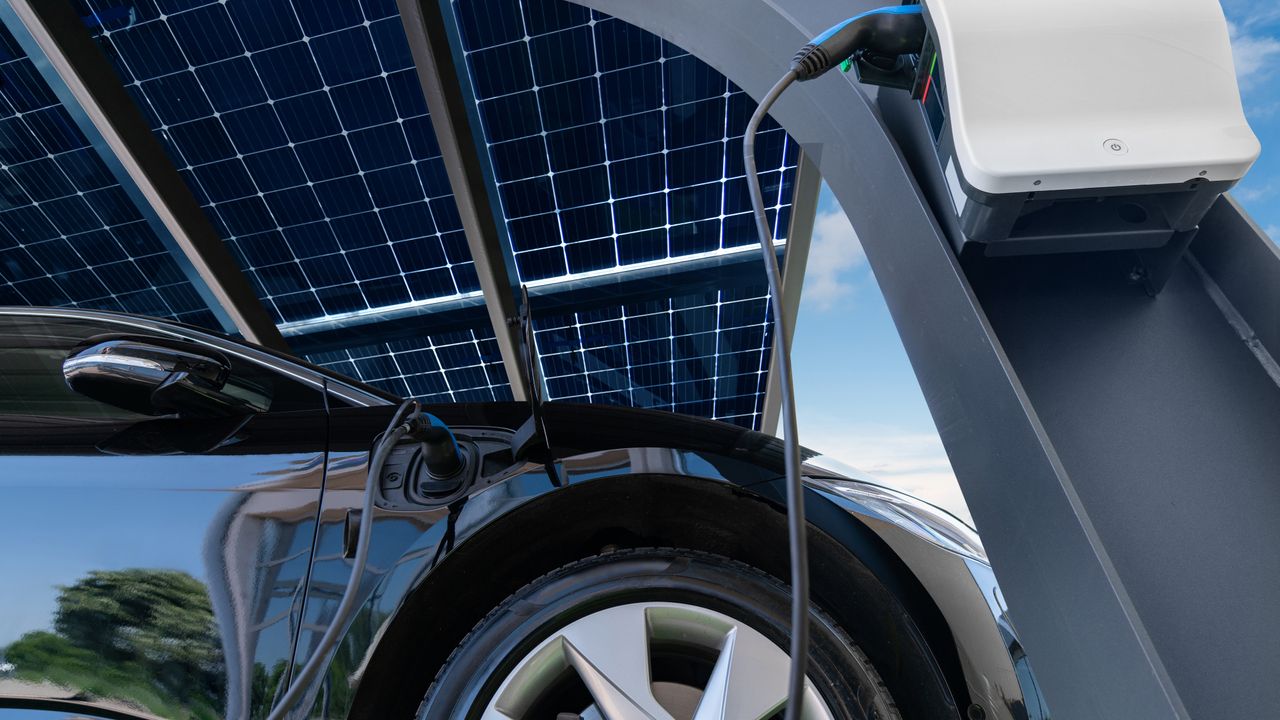EV Charging Station Billing and Payments: Simplifying the Process with Integration and APIs
As electric vehicles (EVs) continue to gain popularity, the demand for efficient and user-friendly EV charging stations is on the rise. However, one of the key challenges faced by charging station operators is managing the billing and payment process. Fortunately, advancements in technology have paved the way for innovative solutions such as charging station payment integration, charging station billing contract management, and charging station payment APIs.
Charging Station Payment Integration
Charging station payment integration refers to the seamless integration of payment processing systems with EV charging stations. This integration allows EV owners to conveniently pay for their charging sessions using various methods such as credit cards, mobile wallets, or RFID cards. By integrating payment systems directly into the charging stations, operators can streamline the payment process and eliminate the need for separate payment terminals or manual transactions.
With charging station payment integration, EV owners can simply plug in their vehicles, initiate the charging session, and the payment will be automatically processed. This not only enhances the user experience but also reduces the administrative burden on charging station operators.
Charging Station Billing Contract Management
Managing billing contracts for EV charging stations can be a complex task, especially when dealing with multiple charging station operators and various payment plans. Charging station billing contract management solutions aim to simplify this process by providing a centralized platform to manage billing contracts, track usage, and generate invoices.
These solutions enable charging station operators to set up different pricing models, such as pay-per-use, subscription-based, or time-based billing. They also offer features like real-time monitoring of charging sessions, automated invoicing, and customizable reporting, making it easier for operators to track revenue and manage customer accounts.
Charging Station Payment APIs
Charging station payment APIs (Application Programming Interfaces) allow developers to integrate third-party payment systems with EV charging stations. These APIs provide a standardized way for charging station operators to connect their systems with various payment service providers, enabling a wide range of payment options for EV owners.
By leveraging charging station payment APIs, operators can offer flexibility to their customers by supporting multiple payment methods and providers. This not only enhances the user experience but also opens up opportunities for partnerships with payment service providers, leading to potential revenue sharing or cost-saving arrangements.
Benefits of Streamlining EV Charging Station Billing and Payments
The integration of billing and payment systems in EV charging stations brings several benefits for both operators and EV owners:
- Convenience: EV owners can easily pay for charging sessions using their preferred payment method, eliminating the need for cash or separate payment terminals.
- Efficiency: Streamlined billing and payment processes reduce administrative tasks for charging station operators, allowing them to focus on providing a seamless charging experience.
- Revenue Optimization: Advanced billing contract management solutions enable operators to implement flexible pricing models and track revenue more effectively.
- Partnership Opportunities: Integration with payment service providers through APIs opens up possibilities for partnerships and revenue sharing.
- User Experience: Simplified billing and payment processes enhance the overall user experience, encouraging more EV owners to utilize charging stations.
In conclusion, the integration of billing and payment systems in EV charging stations through payment integration, billing contract management, and payment APIs is revolutionizing the way charging station operators manage their revenue and provide a seamless experience for EV owners. As the demand for EVs continues to grow, these advancements will play a crucial role in shaping the future of electric vehicle charging infrastructure.
